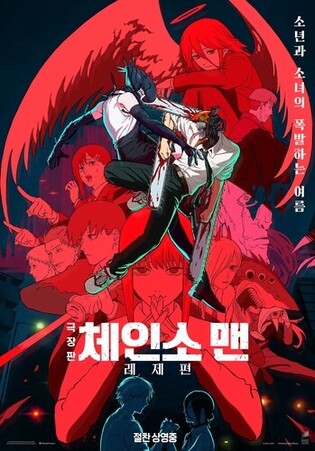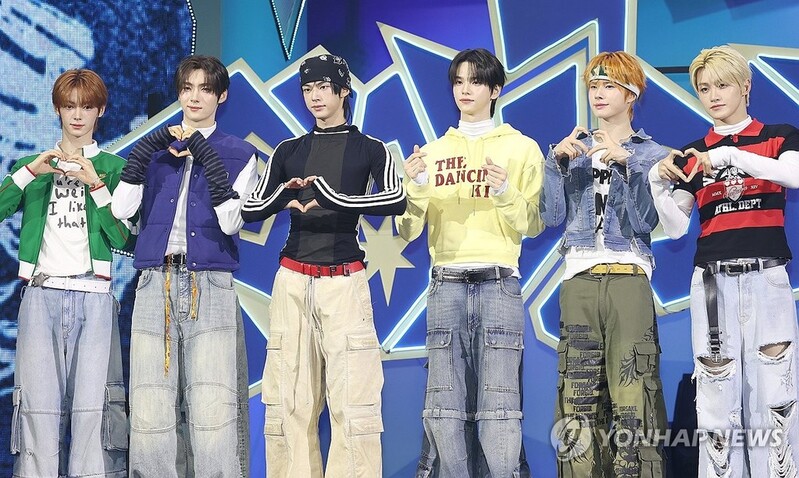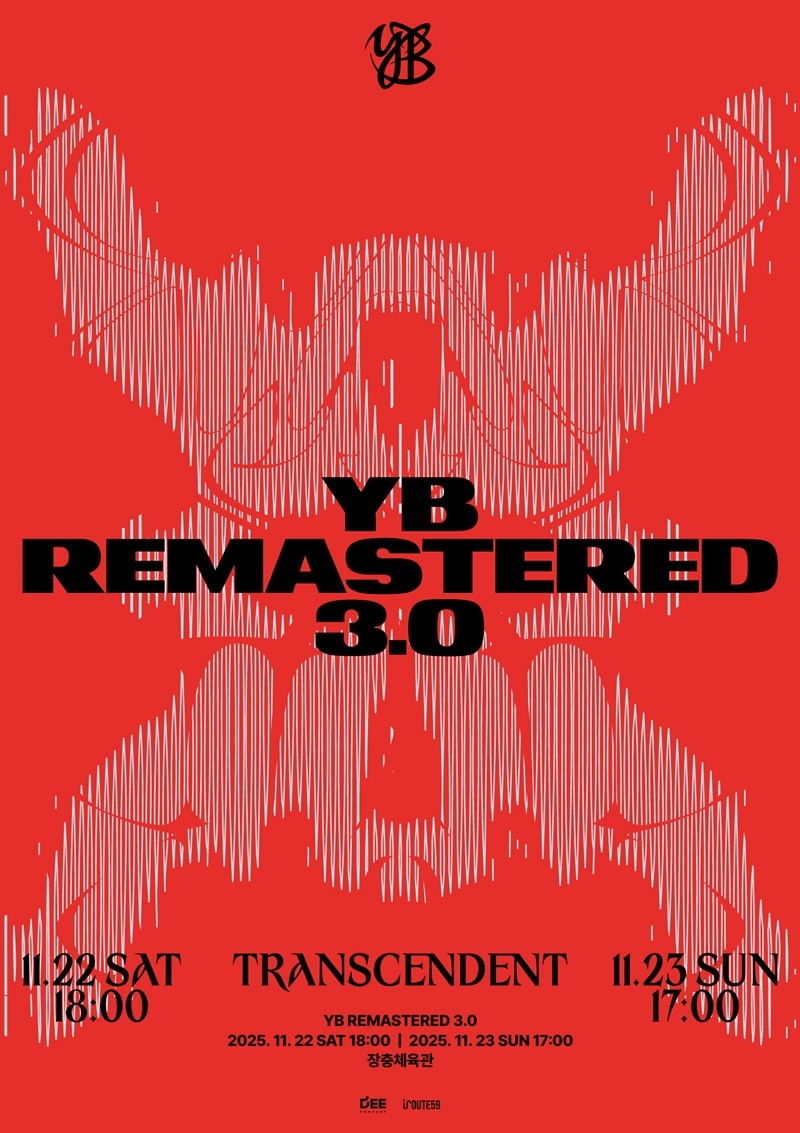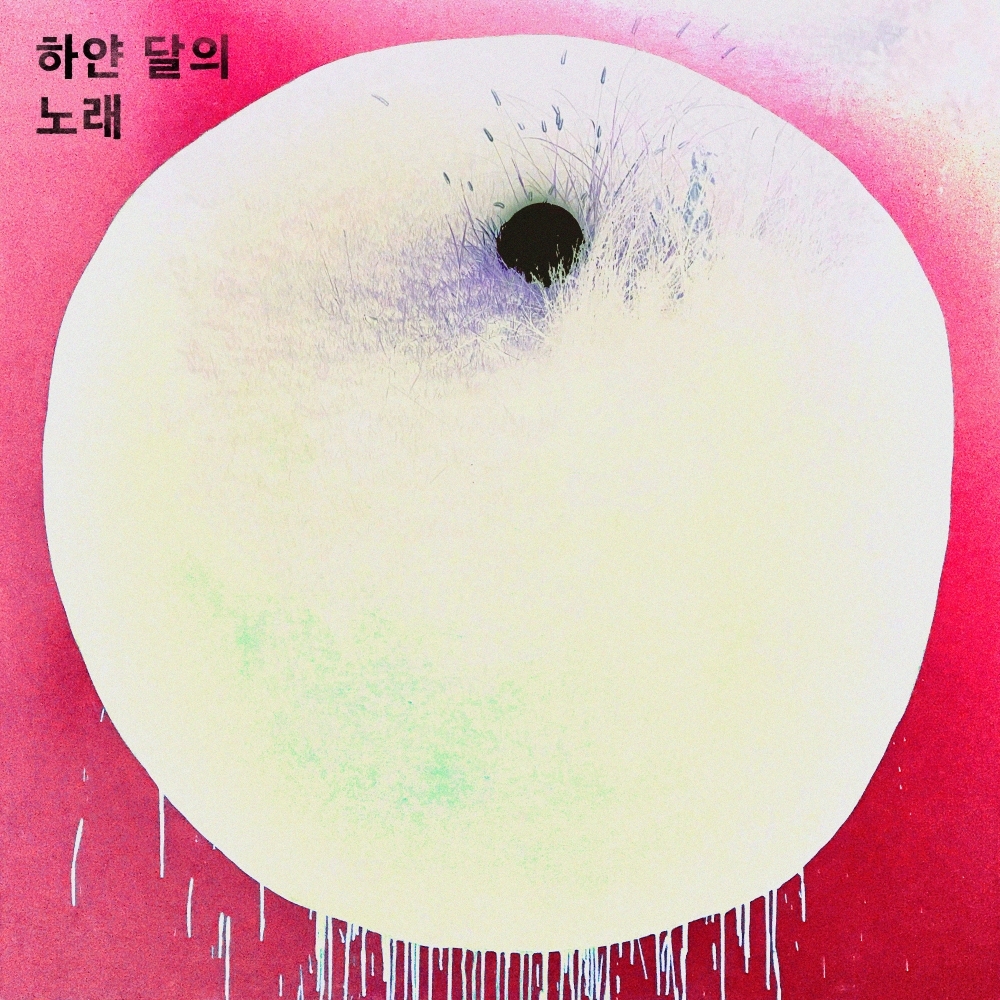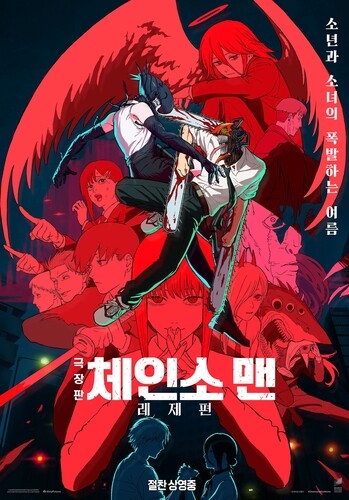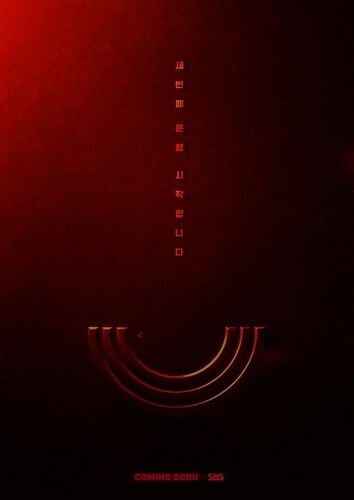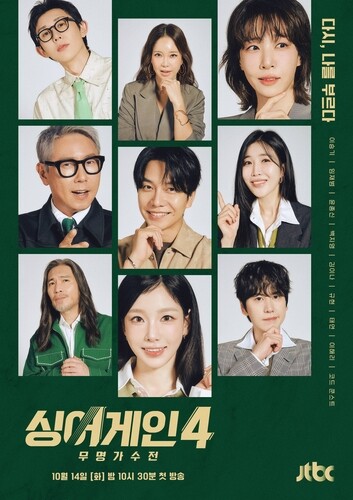 |
| ▲ This photo, taken on May 12, 2021, shows a national cemetery for the victims of a bloody crackdown on a 1980 pro-democracy movement in the southwestern city of Gwangju. (Yonhap) |
US documents-democracy movement
Declassified U.S. documents illustrate dilemma between weak S. Korean civil gov't, military junta
By Song Sang-ho
SEOUL, June 2 (Yonhap) -- Over a dozen newly declassified U.S. diplomatic documents illustrate a Washington facing an agonizing political dilemma between a weak South Korean civilian government and military rulers in early 1980, months ahead of a landmark pro-democracy movement.
The State Department recently declassified 14 documents, which highlight the growing influence of the junta, led by then Army Maj. Gen. Chun Doo-hwan, in stark contrast with the then feeble government of President Choi Kyu-hah.
Chun seized power through a military coup on Dec. 12, 1979, less than two months after former President Park Chung-hee was assassinated by his own intelligence chief, which led to then Prime Minister Choi taking over as interim president.
Indicating the Choi government's lack of authority, a diplomatic cable, dated Jan. 10, 1980, showed then Defense Minister Choo Young-bok confessing to a U.S. lawmaker that he had little control over the armed forces, though he was supposed to sit atop the military chain of command.
"I have no influence over the Army. You must help me," Choo said during talks with Lester Wolff, then chairman of the U.S. House Foreign Affairs Subcommittee on Asia and Pacific affairs.
Choo was responding to Wolff's emphasis on the "vital importance of unity" in the South Korean military, maintenance of civilian rule and political progress.
The lingering talk of a fissure in the South Korean military appeared to be a key source of concern for Washington, as disunity could lead to a weakening of national security amid persistent military threats from North Korea.
Another cable, dated March 13, 1980, showed Washington apparently using the potential delay of the Security Consultative Meeting (SCM), an annual defense ministerial session, to pressure the junta to address disruptions in the armed forces, as postponement or cancellation could signal weakened U.S. military support.
In the document, Richard Holbrooke, then assistant secretary of state for East Asian and Pacific affairs, approved a directive to "reinforce" a message to Chun that "further disruptions within the military or military intervention in government would make it impossible to proceed with the SCM meeting as planned."
Despite the "pervasiveness" of Chun and his intelligence and security net, the U.S. appeared to have taken caution in approaching the junta leader, according to the document.
Referring to a meeting between then U.S. Ambassador William Gleysteen and Chun, the document noted, "It seems possible that Chun may have interpreted it as an olive branch, an acceptance of his inevitable rise."
In a separate cable on May 17, the U.S. Embassy described Chun as "presumably playing a central but not necessarily decisive role, accusing his military of ignoring the government's authority in order to institute a tough crackdown on student protesters.
"An all but formal military takeover may be in process," the cable reads. "A helpless president and cabinet have sanctified the decision," it added, apparently referring to what later developed into a bloody military clampdown.
The crackdown resulted in hundreds of deaths in the southwestern city of Gwangju, now dubbed the cradle of the country's democracy.
The declassification of the diplomatic documents came amid public calls to uncover the truth behind the crackdown and lingering allegations that the U.S. military might have acquiesced despite its operational control over the South Korean military.
(END)
(C) Yonhap News Agency. All Rights Reserved









